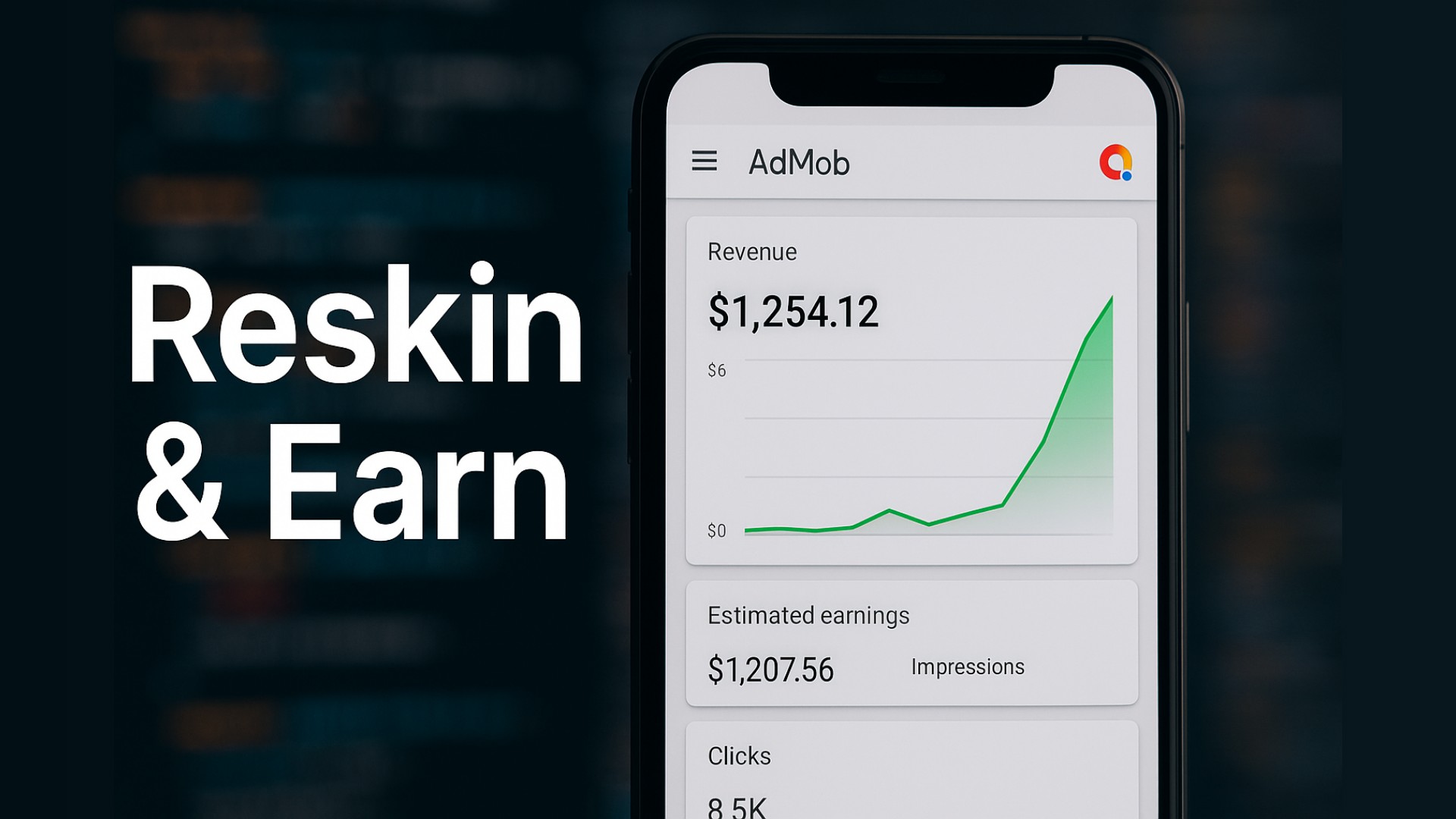
Egg Distribution Business in Nigeria 2026: Turn ₦100K into ₦400K Monthly (Complete Guide)
Eggs are Nigeria's most consistent agricultural product. Every household consumes eggs. Every restaurant needs eggs. Bakeries, hotels, and food manufacturers depend on steady egg supply. Yet surprisingly, egg distribution—not production—offers higher profits with dramatically lower risk than poultry farming itself.
This comprehensive guide reveals how to start and scale a profitable egg distribution business in Nigeria, turning ₦100,000 initial capital into ₦400,000+ monthly profit within 6 months.
Why Egg Distribution Beats Poultry Farming
As an Animal Scientist who managed poultry farms before entrepreneurship, I can authoritatively state: egg distribution is significantly more profitable and less stressful than egg production.
Egg Production (Poultry Farm) Challenges:
- High mortality rates (disease, theft, predators)
- Constant feeding costs (₦180-₦250 per bird monthly)
- Vaccination and medication expenses
- Daily management requirements
- 5-6 months before first egg production
- Equipment investment (housing, feeders, drinkers)
- Experience and expertise required
Egg Distribution Advantages:
- Zero bird mortality risk
- No feeding costs
- No medication expenses
- Flexible time commitment
- Immediate revenue generation
- Minimal equipment needed
- Simple business model
The Numbers Don't Lie:
Investing ₦100,000 in poultry farming:
- Buy 50 day-old chicks
- Wait 20-22 weeks for first eggs
- Daily feed costs while waiting
- Risk losing birds to disease
Investing ₦100,000 in egg distribution:
- Buy 125 crates of eggs
- Start selling immediately
- Generate profit within days
- Reinvest and scale weekly
Understanding the Egg Distribution Business Model
Simple Concept: Buy eggs directly from poultry farms at wholesale prices. Sell to retailers, restaurants, hotels, bakeries, and consumers at retail/semi-wholesale prices. Profit from the markup.
Key Players:
1. Producers (Farms): Large-scale poultry farms producing thousands of eggs daily
2. Distributors (You): Middle layer connecting farms to end users
3. Retailers: Neighborhood shops, supermarkets selling individual eggs or crates
4. Bulk Buyers: Restaurants, hotels, bakeries, food manufacturers
5. Final Consumers: Individual households
Your Role: Purchase bulk from farms (lowest price). Distribute to retailers and bulk buyers (medium price). They serve consumers (highest price).
Value You Provide:
- Convenience (buyers don't travel to farms)
- Reliable supply (farms sometimes run short)
- Credit facilities (for trusted customers)
- Quality assurance (fresh, properly sized eggs)
- Delivery services
Startup Capital Breakdown: ₦100,000 Budget
Egg Purchase (₦85,000):
- 130-140 crates @ ₦650-₦700 per crate (farm-gate price)
- This is your working capital cycling weekly
Crates (₦5,000):
- 20-30 returnable plastic crates (₦150-₦200 each)
- Or partner with farm using their crates initially
Transportation (₦8,000):
- First delivery from farm to base
- Fuel for distribution
Miscellaneous (₦2,000):
- Phone credit for customer coordination
- Record book
- Basic packaging materials
Revenue Cycle: Buy Monday, sell by Wednesday, reinvest Thursday—continuous flow.
Step-by-Step Setup Process
Step 1: Identify Reliable Poultry Farms
Find 3-5 farms within 1-2 hours travel from your location.
Ideal Farm Characteristics:
- Daily production 500-3,000+ eggs
- Consistent supply (not seasonal)
- Quality eggs (minimal cracks)
- Reasonable wholesale prices
- Willing to supply regularly
Finding Farms:
- Online search: "Poultry farms near [your city]"
- Agricultural zone visits (Lagos: Sango-Ota, Ogun State; Abuja: Gwagwalada area)
- Poultry farmer associations
- Word-of-mouth from existing distributors
Initial Contact:
- Visit physically (don't rely on phone)
- Observe farm cleanliness and management
- Check egg quality (size uniformity, shell condition)
- Negotiate pricing
- Establish supply agreement
Pricing Expectations (2026):
- Large eggs: ₦750-₦900 per crate (farm-gate)
- Medium eggs: ₦650-₦750 per crate
- Small eggs: ₦500-₦600 per crate
Prices fluctuate based on:
- Season (higher during festive periods)
- Location
- Market demand
- Feed costs
Step 2: Find Customers Before Buying Eggs
Critical mistake: Buying eggs before securing customers. Result: Eggs spoil or sell at loss.
Smart Approach: Confirm buyers, then purchase eggs.
Target Customers:
1. Retail Shops (Steady Volume):
- Neighborhood provision stores
- Supermarkets (small-medium sized)
- Market stalls
- Typical order: 5-20 crates weekly
2. Food Businesses (High Volume):
- Restaurants and fast food outlets
- Hotels
- Bakeries
- Catering services
- Typical order: 20-100 crates weekly
3. Wholesalers (Largest Volume):
- Other distributors in different areas
- Market wholesalers
- Typical order: 50-200+ crates
4. Direct Consumers (Premium Price):
- Estates and residences
- Offices buying for staff
- Typical order: 1-5 crates
Finding Customers Strategy:
Week 1 (Before First Purchase):
- Visit 50+ potential customers
- Introduce yourself and service
- Provide contact information
- Note their current supplier and prices
- Offer competitive rates (₦50-₦100 below current)
Pitch Template: "Good morning. I'm [Name], starting reliable egg supply service. I get fresh eggs directly from farms. Currently, what price do you pay per crate? I can supply at [₦50 less] with delivery to your shop. Can I add you to my supply list?"
Target: Secure commitments for minimum 50 crates before first purchase.
Step 3: Logistics and Transportation
Transportation Options:
Option 1: Public Transport + Courier
- Use buses for farm pickups
- Deliver to customers via motorcycle couriers
- Cheapest initially
- Time-consuming
Option 2: Hire Pickup Truck
- Daily rental: ₦5,000-₦10,000
- More professional
- Faster deliveries
- Economical when volume increases
Option 3: Personal Vehicle
- If you own small bus/van
- Lowest long-term cost
- Maximum flexibility
- Wear and tear consideration
Option 4: Partner with Transporter
- Regular arrangement with truck owner
- Per-trip payment
- Reliable schedule
Starting Recommendation: Option 1-2 combination. Graduate to Option 3-4 as business scales.
Delivery Logistics:
- Collect eggs early morning (5-7 AM when eggs are fresh)
- Begin deliveries by 8-9 AM
- Complete by 2-3 PM
- Restock and prepare next day
Pricing Strategy and Profit Margins
Pricing Formula:
Farm Purchase Price + Transportation Cost + Desired Profit = Selling Price
Sample Calculation:
Buy Price: ₦700 per crate (medium eggs)
Transportation: ₦1,500 total ÷ 150 crates = ₦10 per crate
Total Cost: ₦710 per crate
Selling Prices by Customer Type:
Retailers (Volume 10-30 crates): ₦850-₦900 per crate
Food Businesses (Volume 30-100 crates): ₦800-₦850 per crate
Wholesalers (Volume 100+ crates): ₦750-₦800 per crate
Direct Consumers (Small quantities): ₦950-₦1,000 per crate
Profit Margins:
- Retailers: ₦140-₦190 per crate
- Food businesses: ₦90-₦140 per crate
- Wholesalers: ₦40-₦90 per crate
- Consumers: ₦240-₦290 per crate
Strategy: Balance high-margin small buyers with lower-margin bulk buyers for consistent volume and profit.
Daily Operations and Management
Typical Distribution Day:
5:00-7:00 AM: Travel to farm, purchase eggs, load for transport
7:00-9:00 AM: Return journey, organize delivery sequence
9:00 AM-3:00 PM: Customer deliveries following optimized route
3:00-5:00 PM: Collections, payment follow-ups, customer communication
5:00-7:00 PM: Record keeping, banking, next day planning
Record Keeping (Critical):
Maintain registers for:
- Daily purchases (farm, quantity, price)
- Daily sales (customer, quantity, price, payment status)
- Outstanding payments (credit customers)
- Egg breakages/losses
- Transportation costs
- Net profit calculations
Use simple notebook initially. Graduate to Excel or accounting software as business grows.
Managing Egg Breakages:
Reality: 2-5% breakage rate is normal during:
- Farm collection
- Transportation
- Delivery handling
Minimizing Breakage:
- Use paper crates (protect better than plastic)
- Careful driving on rough roads
- Quality packaging
- Professional handling
Accounting for Losses: Factor 3% breakage into pricing. Example: Buy 150 crates, expect 145 saleable crates.
Profit Calculations
Starting Scale (First Month):
Weekly Cycle:
- Buy 100 crates @ ₦700 = ₦70,000
- Transportation: ₦1,500
- Total Investment: ₦71,500
Sales:
- 40 crates @ ₦900 (retailers) = ₦36,000
- 50 crates @ ₦850 (food businesses) = ₦42,500
- 10 crates @ ₦800 (wholesalers) = ₦8,000
- Total Revenue: ₦86,500
Profit: ₦86,500 - ₦71,500 = ₦15,000 weekly
Monthly (4 cycles): ₦15,000 × 4 = ₦60,000 profit
Reality Check: First month often slower while building customer base. Expect ₦40,000-₦60,000 first month profit.
Medium Scale (3-6 Months In):
Weekly Cycle:
- Buy 250 crates @ ₦700 = ₦175,000
- Transportation: ₦2,500
- Total Investment: ₦177,500
Sales Distribution:
- 100 crates @ ₦900 = ₦90,000
- 100 crates @ ₦850 = ₦85,000
- 50 crates @ ₦800 = ₦40,000
- Total Revenue: ₦215,000
Profit: ₦215,000 - ₦177,500 = ₦37,500 weekly
Monthly: ₦37,500 × 4 = ₦150,000 profit
Established Scale (6-12 Months):
Weekly Cycle:
- Buy 500 crates @ ₦680 (bulk farm discount) = ₦340,000
- Transportation: ₦4,000
- Total Investment: ₦344,000
Sales Distribution:
- 200 crates @ ₦900 = ₦180,000
- 200 crates @ ₦850 = ₦170,000
- 100 crates @ ₦800 = ₦80,000
- Total Revenue: ₦430,000
Profit: ₦430,000 - ₦344,000 = ₦86,000 weekly
Monthly: ₦86,000 × 4 = ₦344,000 profit
Advanced Scale (Year 2+):
Distributing 1,000-2,000 crates weekly = ₦500,000-₦1,000,000+ monthly profit
Common Challenges and Solutions
Challenge 1: Farm Supply Shortages
Solution: Maintain relationships with 3-5 farms. Rotate purchases. During scarcity, one farm usually has stock.
Challenge 2: Customer Payment Delays
Solution: 50% cash upfront, 50% on delivery for new customers. Credit only for proven reliable buyers. Weekly settlement deadlines strictly enforced.
Challenge 3: Price Fluctuations
Solution: Build buffer into pricing. Maintain cash reserves during high-cost periods. Pass gradual increases to customers.
Challenge 4: Transportation Costs
Solution: Optimize delivery routes. Consolidate customers geographically. Invest in own vehicle when volume justifies.
Challenge 5: Eggs Spoiling
Solution: Sell fast (within 48 hours maximum). Price discount for quick clearance if needed. Never hold eggs over 4 days.
Challenge 6: Competition
Solution: Reliability and service quality. Meet promised delivery times. Provide quality eggs. Build personal relationships with customers.
Growth and Scaling Strategies
Phase 1 (Months 1-3): Foundation
- 100-150 crates weekly
- 10-20 steady customers
- Establish farm relationships
- Perfect operations
Phase 2 (Months 4-6): Growth
- 250-400 crates weekly
- 30-50 customers
- Hire helper for deliveries
- Invest in reliable transportation
Phase 3 (Months 7-12): Expansion
- 500-800 crates weekly
- 60-100 customers
- Purchase delivery vehicle
- Hire full-time staff
Phase 4 (Year 2+): Enterprise
- 1,000-2,000+ crates weekly
- Multiple delivery routes
- Wholesale to other distributors
- Consider opening retail outlet
Additional Income Streams
1. Selling Empty Crates:
- Farms buy back returnable crates
- ₦100-₦150 per crate
- Additional ₦10,000-₦30,000 monthly
2. Transporting Other Products:
- Use return trips to transport goods for others
- Charge transport fees
3. Retailing Individual Eggs:
- Open small shop
- Sell eggs individually (₦70-₦100 each)
- Higher margins
4. Frozen Chicken Distribution:
- Many egg farms also produce chicken
- Add to product line
- Diversified income
Success Factors
1. Reliability: Deliver when promised, every time.
2. Quality: Supply consistently good eggs—minimal cracks, proper sizes.
3. Customer Service: Friendly communication, accommodate special requests.
4. Financial Discipline: Separate business money from personal. Reinvest profits for growth.
5. Record Keeping: Know daily profit/loss. Track customer payment patterns.
6. Relationship Building: With farms and customers. Business runs on trust.
7. Flexibility: Adapt delivery times to customer needs. Solve problems creatively.
Conclusion
Egg distribution business offers Nigerian entrepreneurs clear path to substantial income with minimal risk. Starting with just ₦100,000, dedication, and smart execution, you can build enterprise generating ₦300,000-₦1,000,000+ monthly within one year.
Eggs will always be consumed. Demand never disappears. The opportunity is securing your position as reliable supplier connecting farms to customers.
Your egg distribution business starts today. Identify farms, find customers, make first purchase, and roll your capital toward financial freedom.



